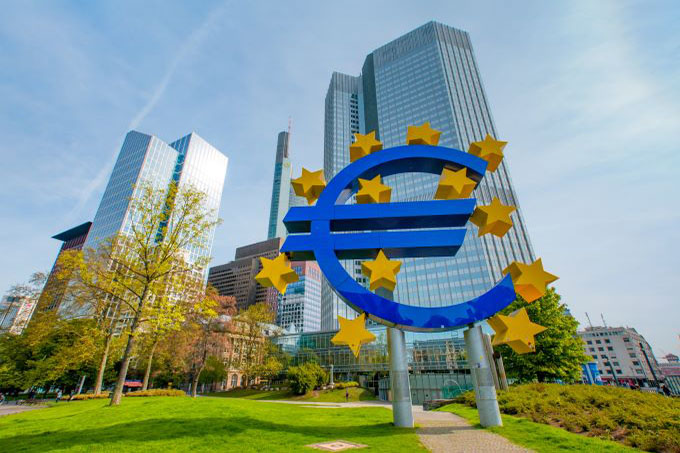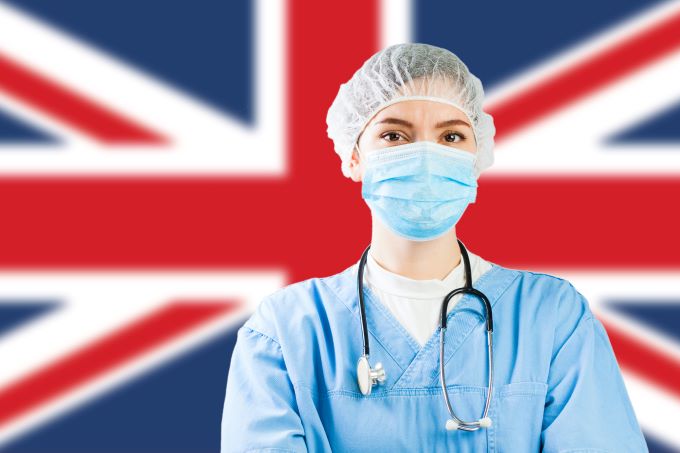The following are the most recent pieces of Forex fundamental analysis from around the world. The Forex fundamental analysis below covers the various currencies on the market and the most recent events, announcements, and global developments that affect the Forex market.
Most Recent
Prior to the Global Financial Crisis, Russia, a member of the so-called BRICS group, was seen as a rapidly emerging economy which was preparing to take its spot on centre stage of the global economy.
Last week was a mixed affair for the world’s major markets. In Europe over the course of the week, the FTSE was down by 1.2%, it closed at 6960.5; the Dax ended at 11447, down by 2.2% on last week’s close; the CAC was down by 1.9% to end the session at 4993.8
According to the Office for National Statistics (ONS), unemployment numbers (those without work, registered and seeking employment) have fallen to their lowest level for seven years.
Top Forex Brokers
During its most recent meeting, the Bank of England left its key interest rate unchanged at 0.5%. It has been at this level since March 2009 and seems set to remain anchored to this figure until next summer, based on comments made by the Governor of the Bank of England, Mark Carney.
The German and French economies are the first and second largest in the Eurozone. Roughly, a third of Eurozone GDP stems from Germany whilst France contributes a fifth; Italy a sixth; Spain and eighth and Holland a sixteenth.
Last week was largely positive for the world’s major markets with only the Nikkei falling significantly. The markets were buoyed by an unexpected majority win for the UK Conservative party in the British general election and positive US employment figures.
The UK held a general election yesterday, Thursday. Whilst counting is still underway, it seems pretty clear that the senior coalition party, the Conservatives, will be returned to power.
Every cloud has a silver lining – eventually. The Eurozone has been very hard hit by the Global Financial Crisis and then the European Sovereign Debt crisis which was triggered when it became just how economic Greece had been with the truth when joining the Euro at its inception.
Arguably, Australia was the major economy least affected by the Global Financial Crisis. It managed to avoid a recession, but growth was cut significantly, of course and it was one of the first nations to tighten monetary policy by raising interest rates.
Bonuses & Promotions
Much has been made in certain circles of the risks of prolonged deflation in the Eurozone as a potential brake on domestic demand as patient Western Europeans hold off on large ticket item purchases in the hope that the costs will be reduced when eventually they do part with the hard-earned cash and buy them
Last week saw all of the world’s major markets losing ground, partially because of slowed growth in the USA (and UK).
It ought to come as a surprise to nobody who follows the economic news, but the US Federal Reserve decided that its interest rates would remain unchanged after its latest two-day meeting.
Subscribe
Sign up to get the latest market updates and free signals directly to your inbox.Data for the initial estimate of US economic growth in Q1 2015 indicates that the brakes have firmly been applied to the US economy.
The electorate of the UK will go to the poles on the 7th May and give their verdict on five years of government by the ruling Conservative party and their junior coalition partner, the Liberal Democrats.
The Libor scandal which came to light towards the end of the Global Financial Crisis, perhaps more than anything else, shows that elements of the financial world clearly believe that the rules governing criminal behaviour do not apply to them.




